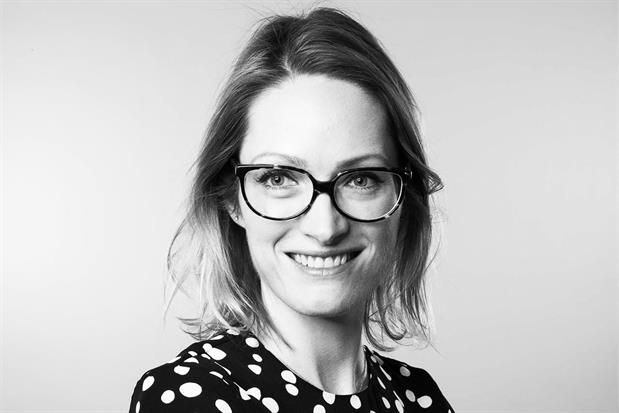The alchemy in our agencies
While summer might have been a bit of a damp squib, the new-term feeling of September is in full force. This year it’s not just the return from holidays but, for many people, the return to a sometimes office-based life after 18 months of working mainly at home.
It is now that we need to put the much-debated theory of hybrid working into practice.
Increased flexibility is clearly a good thing. It removes one of the big barriers to working in our industry, especially for people with care responsibilities. of last year couldn’t have landed at a better time, prompting employers to think about the benefits of flexibility over the long term as opposed to how to just deal with it in the here and now.
It remains to be seen whether we effectively convert the benefits of greater flexibility for our industry, such as retaining working parents (especially working women who are far more likely to feel forced out) and seeing more people with physical and mental disabilities join our agencies as the physical barriers of the workplace are somewhat removed.
But flexibility alone will not change the dynamics of our industry. In fact, the way we have been forced to work over the successive lockdowns has exacerbated exclusivity and compromised much of what makes our industry special.
The boundary-less life
On the surface, the lack of commute frees up time. And as we all got to grips with the first lockdown, many previously office-based workers made the most of the time – running was at an all-time high in the UK, families ate together and, apparently, we all got more sleep.
But gradually work creeped into the edges of the day, it started earlier, finished later; it beeped and pinged at us from our devices without pause.
Add to that, the extra domestic load of home-schooling, childcare, cooking and cleaning – it’s no wonder that work-related burnout is at a record high. Nor is it surprising that women are more likely to be affected than men. averages women’s extra burden over lockdown as being at about 20 hours a week.
How we define and protect boundaries needs some careful consideration. The Account Planning Group presciently launched in September 2019 and it offers a sensible approach to boundaries for agencies more broadly.
The missing generation
There is a new issue emerging at the more junior end of the industry, too. Traditional grad schemes and internships were put on hold last year as we prioritised clients and keeping teams together. Online initiatives, such as worked hard to fill the vacuum and showed that there was lots we could deliver in a virtual world. But even with that, and most agencies taking in new starters now, the industry is starting to feel the impact of that pause in the pipeline.
Recruitment is tough. Talent who held off moving over the past year are now rethinking their futures and an alarming number has decided that lies beyond adland. People at the start of their careers, working in shared houses, or back with parents missing the casual connections of agency life are questioning what they give and what they get back in return.
Here, too, we risk rolling back gains we have made in equality from a social class perspective. Young people from less affluent backgrounds benefit more from the sense of belonging a workplace provides. Privilege confers a sense of confidence to demand more time with managers, more input from senior peers. While, as leaders, it is essential that we find ways to give everyone opportunity, a remote-working model implicitly benefits those who have been socially conditioned to act on their entitlement.
The is not unique to our industry but we are on the backfoot in understanding our specific contributing factors.
The magic of making
We have one thing in our industry that outshines all others in attracting and retaining great people: the work.
We have the unique privilege of making work that affects people’s lives. It steers their choices, gives them a new perspective, stirs them to make a change. We get to entertain people and we are part of the fabric of daily life. What we make can be magical, as too is how we make it.
Our agencies, our physical spaces where we come together – whether grand or humble – are the setting for the true alchemy of our craft. The memories we hold onto are when we stand together and talk about the work, when we see an idea and know in our gut it’s going to be great, when we argue and defend and build and the energy is electric.
There has been some incredible work made over Zoom, and the commercial success many networks are now reporting speaks to the resourcefulness and resilience of us all. But in our relief that business has not been as bad as it could have been, let’s not forget that it has been tough, tougher than it used to be, and perhaps a bit less magical.
Flexibility is vital and, as we get back to our agencies, we should not squander the lessons we have learned. But let’s celebrate the new term by remembering that much of the way we worked was not broken and there is a new generation who will thrive in it every bit as much as the generations before them.
Jo Arden is chief strategy officer at Publicis.Poke


